Warrantable vs. Non-Warrantable Condos: What Every Buyer Needs to Know Before Financing

One overlooked detail could turn your dream condo into a financing nightmare.
You’ve been searching for the perfect place to call home. Something that suits your lifestyle without the constant upkeep of a traditional house.
Then, you find it: a beautiful condo that offers everything you’ve been looking for. It offers you the private space you want, access to amenities like a pool and a gym, and a welcoming condo community.
You’re ready to buy.
But just as you’re about to take the next step, the lender asks a question you didn’t see coming: “Is the condo property warrantable or non-warrantable?”
The answer can change everything about your financing options.
Suddenly, you’re not sure if this dream condo is still within reach.
This guide will turn confusion into clarity.

You’ll discover exactly what warrantable and non-warrantable condos mean, how to identify which one you’re dealing with, and most importantly, how to secure the right financing. By the end, you’ll be ready to move forward with confidence and turn that dream condo into your new home.
What Are Warrantable and Non-Warrantable Condos?
When you’re buying a condo, it will be classified as either warrantable or non-warrantable.
These labels might seem like technical jargon, but they directly impact your financing options.
Because condos are part of larger communities with shared spaces and a homeowners association (HOA), lenders don’t just consider your finances. They also evaluate the financial health, management, and stability of the entire condo project.
This is where the difference between warrantable and non-warrantable condos matters. And understanding its status will help you choose the right financing option to ensure a smooth path to ownership.
What Makes a Condo Warrantable?
A warrantable condo is a property that meets lending standards set by Fannie Mae and Freddie Mac, the two government-backed organizations that support most conventional mortgages.
These standards exist to ensure that the condo is a stable, well-managed investment for both lenders and buyers.
Lenders see warrantable condos as lower-risk because they meet specific guidelines designed to protect against financial instability and legal problems. As a buyer, this means you’ll have access to better financing options including lower interest rates, smaller down payments, and faster approvals.
If you're looking for a condo that will have a straightforward, simple financing process, these are the set of standards to look for.
Owner-Occupancy Requirement:
At least 50% of the units must be owner-occupied, meaning owners live in the units rather than renting them out. This promotes a stable, community-driven environment.
Ownership Concentration Limit:
No single entity—whether a person, business, or investor—can own more than 20% of the total condo units. This prevents any one party from having excessive control over the property.
Strong Financial Health of the HOA:
The HOA must demonstrate sound financial management, which includes:
- Maintaining adequate reserve funds (typically at least 10% of the annual budget).
- Keeping delinquency rates low, with few owners behind on HOA dues.
No Active Litigation:
The property must be free of ongoing legal disputes that could threaten its financial stability or value.
Limited Commercial Space:
The building should be primarily residential, with commercial space typically making up no more than 35% of the total square footage.
This ensures the property is focused on residential living rather than business operations.
What Makes a Condo Non-Warrantable?
A non-warrantable condo is simply one that doesn’t meet the standards listed above.

These properties are seen as higher-risk by lenders, often due to factors like too many rental units, financial trouble within the HOA, or ongoing lawsuits involving the building or condo association.
As a result, many conventional lenders may choose not to finance non-warrantable condos.
But that doesn’t mean you’re out of luck. It just means you’ll need to explore alternative financing options that are built specifically for unique or higher-risk properties.
With the right lender and a smart financing strategy, you can secure a loan that works for your situation.
How to Finance a Non-Warrantable Condo
Below is a clear breakdown of the financing paths available to help you purchase a non-warrantable condo with confidence.
1. Portfolio Loans:
Portfolio loans are offered by lenders who keep the loan on their own books rather than selling it to investors.
This means the lender can set their own terms, which can be more flexible. However, it also means interest rates are often higher.
- Available through local banks, credit unions, and lenders who specialize in non-warrantable properties.
- More flexible terms but may come with higher interest rates.
2. Non-QM Loans (Non-Qualified Mortgages):
Non-QM loans are designed for buyers or properties that don’t meet conventional lending guidelines.
They can provide options like adjustable interest rates, interest-only payments, or other flexible terms.
- Ideal for buyers with unique financial situations or condos that don’t fit standard lending criteria.
- Offers flexible terms, but rates may be higher than conventional loans.
3. Private Financing:
Private financing means borrowing directly from private investors, specialized mortgage companies, or hard money lenders.
This is often a last resort for buyers who can’t secure other options.
- Highly flexible, with terms set by the lender and borrower.
- Typically comes with higher interest rates and fees.
What to Expect When Using Non-Warrantable Condo Loans:
Because a non-warrantable condo is considered higher-risk, lenders often take extra precautions.
Here’s what you can expect:
Higher Down Payments
Be prepared to put down at least 20% of the condo’s purchase price.
Some lenders may require even more, depending on the level of risk they see in the property.
Higher Interest Rates
Non-warrantable condo loans often come with higher interest rates.
This is because lenders can’t sell these loans to Fannie Mae or Freddie Mac, which means they are taking on more risk themselves.

Stricter Qualification Requirements
Lenders may ask for a higher credit score, stronger income verification, or more detailed financial documentation.
They want to be confident that you can manage the higher-risk loan.
Thorough Review of the Property
Lenders will carefully examine the condo’s financial health, including the homeowners association (HOA) documents, reserve funds, and any legal issues that could affect the property’s value.
Tips for Getting the Best Non-Warrantable Condo Mortgage
Financing a non-warrantable condo can be challenging, but working with an experienced lender like Seattle's Mortgage Broker can make all the difference.
Here are a few expert strategies to help you secure the best mortgage:
1. Work with a Lender Who Has a Strong Network
Experienced lenders like Seattle’s Mortgage Broker maintain relationships with a wide network of lenders, including those who specialize in non-warrantable properties.
This means they know which lenders offer the most competitive rates and flexible terms, giving you more options and a better chance of approval.
2. Get a Customized Financing Strategy
Non-warrantable condos are unique, and a one-size-fits-all approach won’t work.
A knowledgeable lender will take the time to understand your financial situation, the property details, and your long-term goals. Based on this information, they recommend the best financing solution—whether that’s a portfolio loan, a non-QM loan, or a creative hybrid option.
3. Access Specialized Loan Programs
An expert lender like Seattle’s Mortgage Broker can offer access to specialized loan products that you won’t find everywhere.
This includes custom portfolio loans, flexible non-QM options, and even exclusive lender programs designed for unique or high-risk properties. More options mean better chances of finding the perfect loan for your situation.
By choosing a lender who understands non-warrantable condos and has the right connections, you can make the financing process smoother, faster, and more successful.
Choosing the Right Mortgage Lender
Whether the condo you love is warrantable or not, a path to purchase exists. You just have to find it.
Specialized loan options exist for non-warrantable condos. At Seattle’s Mortgage Broker, we bring more than 20 years of experience in the mortgage industry to help buyers just like you navigate complex condo financing with confidence.
Our team has the expertise to review HOA documents, connect you with the best lenders, and design a financing strategy tailored to your needs.
We make the process clear, straightforward, and stress-free.
Ready to take the next step toward owning your condo?
Reach out to Seattle’s Mortgage Broker today for expert guidance, personalized financing options, and a smoother path to closing.
We’re here to help you turn your dream condo into a reality—no matter its label.
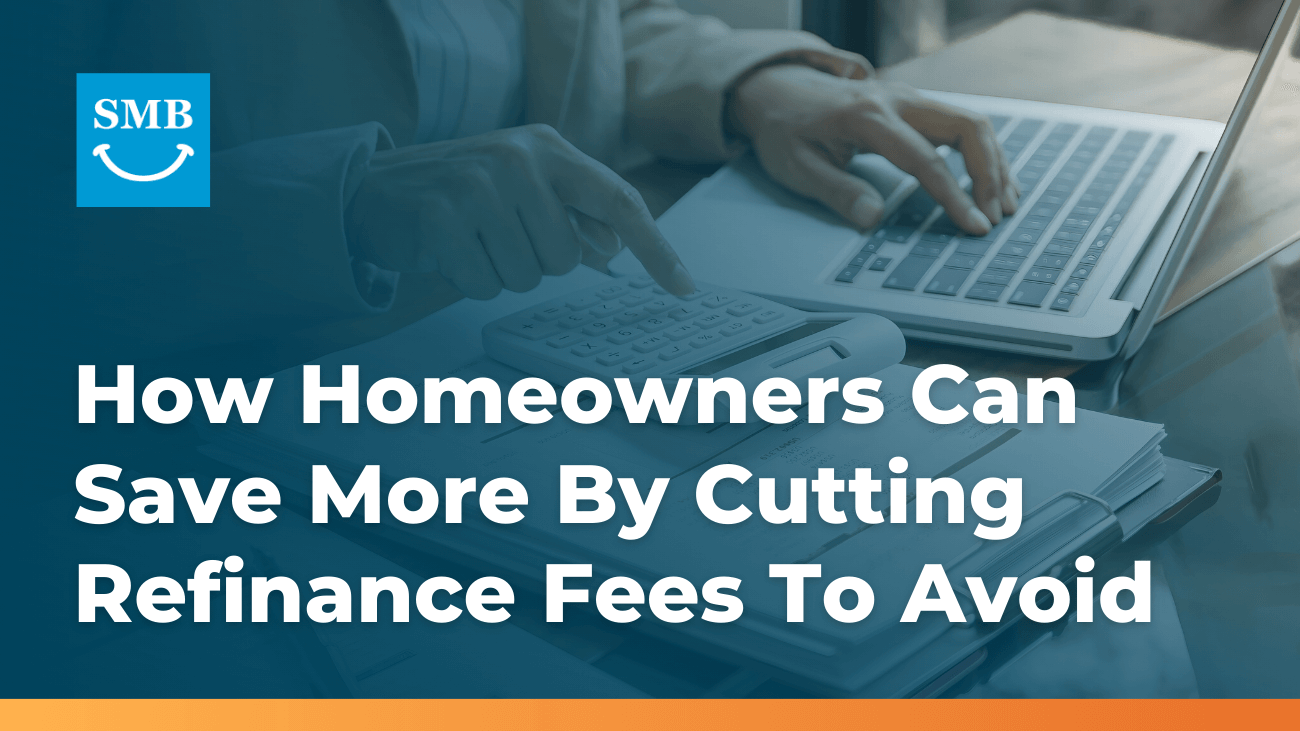

The Ultimate Guide to the Best Suburbs of Seattle
Should You Use a Mortgage Broker? Everything You Need to Know First
How to Find the Right Neighborhoods in Seattle for Your Budget and Lifestyle

Warrantable vs. Non-Warrantable Condos: What Every Buyer Needs to Know Before Financing

How Much Does It Cost to Refinance a Mortgage in Seattle? A Homeowner’s Guide
.png)
How Often Can You Refinance Your Home?
.png)
The Complete Guide to For Sale By Owner (FSBO) in Seattle

10 Questions Every Seattle First-Time Home Buyer Asks

What is a Non-Warrantable Condo?

Ultimate Seattle Mortgage Loan Documents Checklist
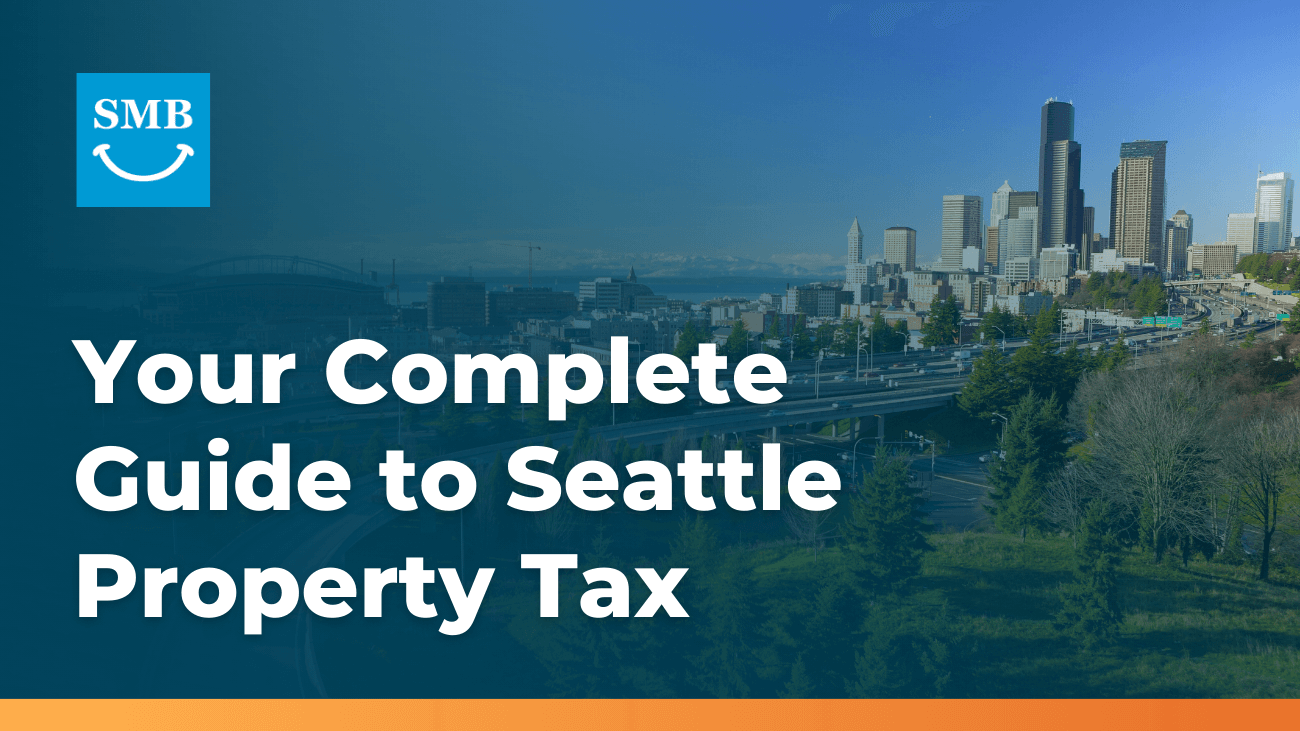
Your Complete Guide to Seattle Property Tax

Why You Should Work with a Mortgage Broker

Where to Find the Best Local Mortgage Broker

Where Are The Best Places To Live In Seattle?

What’s the Best Way to Save Money for a House in Seattle?

When is the Best Time to Refinance a Home?

What is the Jumbo Loan Limit in Seattle 2020?

What You Need to Buy a House in Seattle

What Is a Jumbo Loan and will you need one when moving to Seattle?

What is the Jumbo Loan Limit in Seattle?

What Is A Non-Warrantable Condo?

What is the Best Down Payment Amount on a House in Seattle?

What is PMI Mortgage Insurance? And Why It Is Not As Bad As You Think

What Is A Cash-Out Refinance?

What do Home Loan Underwriters Look For?

What Down Payment Do I Need for a House?

What Are The Costs of Buying a Home?

What Are The Best Neighborhoods In Seattle For Families?

FAQ: What Are the VA Home Loan Requirements?

WEST SEATTLE JUNCTION ; Seattle Neighborhood Tour

What are RSUs and How to Spend Them

Understanding Mortgage Down Payments

Top 5 Seattle Suburbs to Buy In 2021

Understanding Down Payments in Seattle

The Ultimate Mortgage Document Checklist
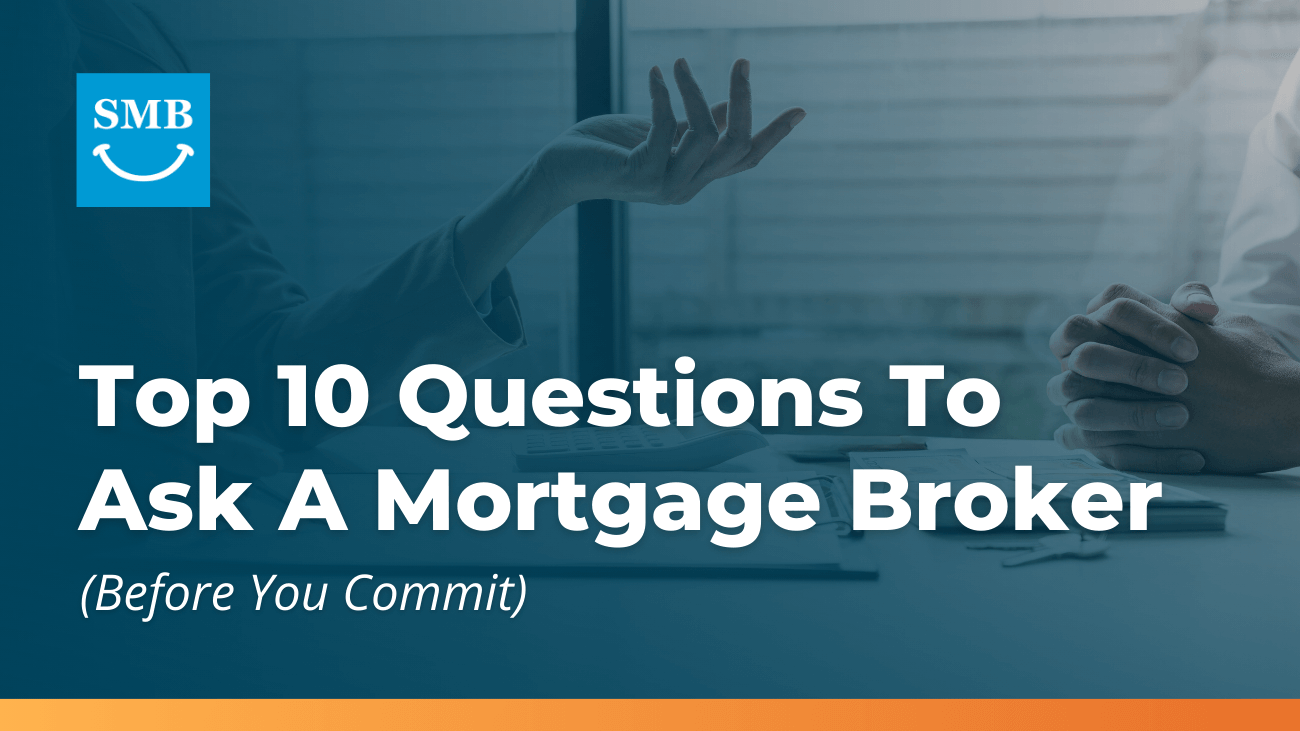
Top 10 Questions To Ask A Mortgage Broker (Before You Commit)

The Worst First-Time Homebuyer Mistakes

The Top 5 Seattle Suburbs for 2020

The Best Seattle Neighborhoods in 2020

How to Find the Best Mortgage Refinance Companies in Seattle

The Best Seattle Neighborhoods for Families

The Best Neighborhoods in Seattle to Buy a Home

The 7 Best Seattle Suburbs for Families

Seattle Neighborhood Guide: The Top 10 Most Affordable Places To Live In Seattle

SOUTH LAKE UNION ; Seattle Neighborhood Tour

Seattle Summer Housing Market Guide 2020

Seattle Housing Market Update 2020

Seattle Housing Market Hacks

Save Money When Buying a House in Seattle

Save Money on Your Mortgage Refinance

Moving to Seattle with a Family? Here's the BEST Suburbs For You!

Refinancing To Reduce Your Bills and Increase Available Cash

Neighborhoods in Seattle to Buy a Home 2020

Real Estate Trends in Seattle

Mortgage Down Payments in Seattle

MAGNOLIA ; Seattle Neighborhood Tour

Mistakes to Avoid with Cash-Out Refinance

How to Refinance Your Home in 9 Steps

Jumbo Loan Limit vs Conforming Loan Limit in Seattle for 2021

KIRKLAND ; Seattle Neighborhood Tour

Jumbo Loan Limit in Seattle for 2021

ISSAQUAH ; Seattle Neighborhood Tour

Is My Credit Score Good Enough to Buy a House?

How to Buy a House; Home Buying 101

How to Lower Your Monthly Mortgage Payment

How to Get the Best Rate for Your Home Loan

How to Buy a House for Less

How Much Home Can I Buy in Seattle?

How Much Do You Really Need for a Down Payment in Seattle?

How Much Home Can I Afford?

Home Price Forecast for Seattle 2020

How Hot is the Seattle Real Estate Market?

How Hot is the Seattle Real Estate Market in 2022?

Home Inspection Questions You Need to Ask

Do You Need a Realtor to Buy a House in Seattle?

FHA vs. Conventional Loan: Which Mortgage Is Right for You?

Find the Best Mortgage Lender for Your Home Loan

Federal Housing Administration Loans 2021

Down Payment Requirements in Seattle

FACTORIA and SOMERSET ; Bellevue Neighborhood Tour

Everything you Need to Know About Seattle Jumbo Mortgages

Everything You Need to Know About VA Loans

Advice To A First Time Home Buyer: Down Payment Assistance Programs Exist for Millennials

CROSSROADS ; Bellevue Neighborhood Tour

Down Payment 101: How Much Money Do I Need to Buy a House?

COVID-19 Mortgage Help for Homeowners

Comparing ARM vs. Fixed Rate Mortgage

Can I Afford To Buy A Home In Seattle?

Choosing the Best Lenders for Home Loans
How to Use Restricted Stock Units to Buy a Home in Seattle

ARM v. Fixed Mortgage: Which is Right For You?

Ballard or Queen Anne? The Best Neighborhoods of Seattle to Buy a House

Avoiding the Worst Seattle Mortgage Lenders

Are You Buying a House in Seattle? Here’s the Ultimate Survival Guide
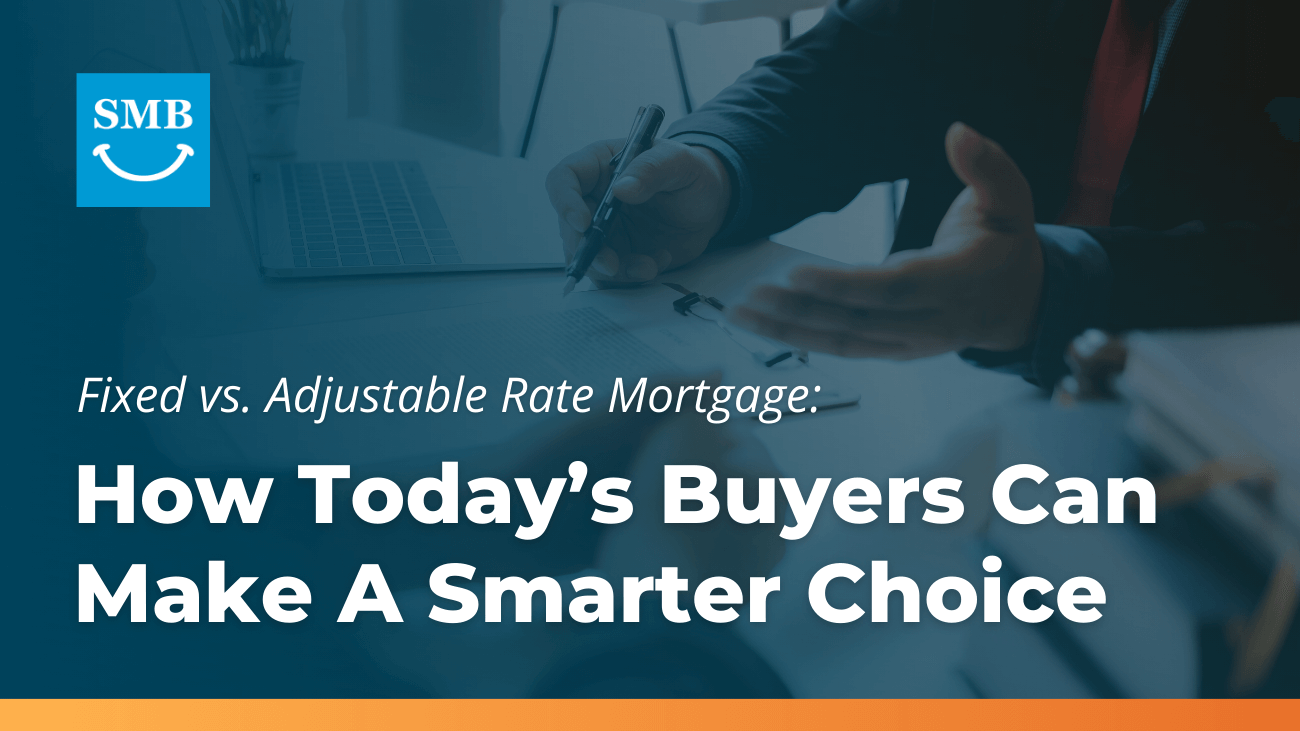
Fixed vs. Adjustable Rate Mortgage: How Today’s Buyers Can Make A Smarter Choice

ALKI BEACH ;; A Seattle Neighborhood Tour

A Complete Guide to Refinancing Your Home Loan

8 Ways to Lower Your Mortgage Payment


















